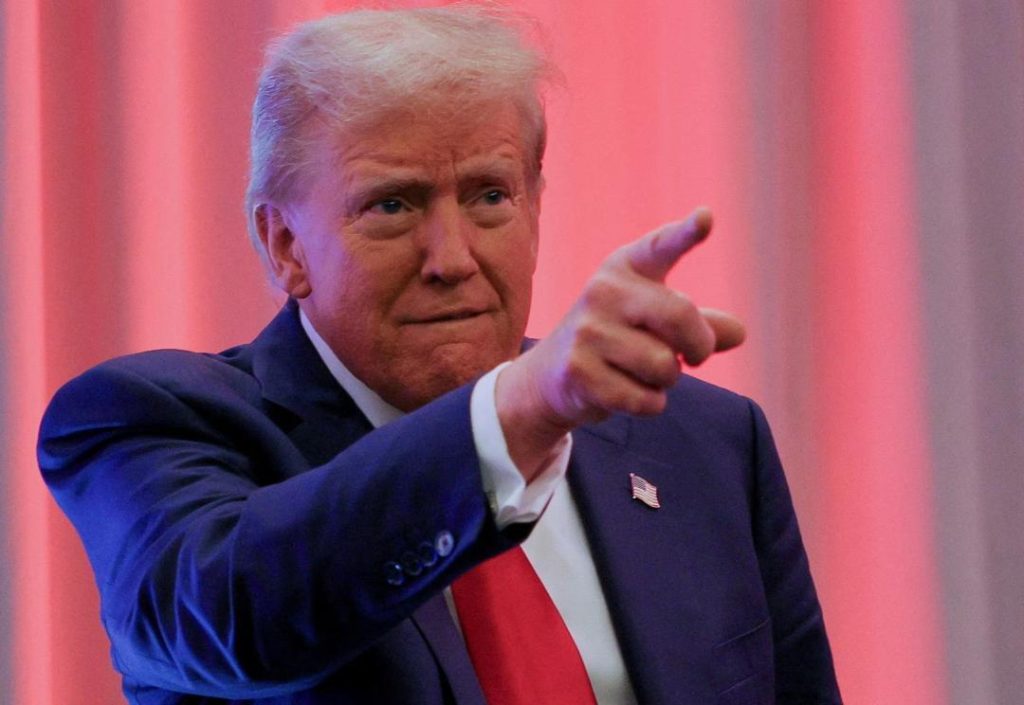
Title: Israeli planes turned back after friendly ‘Plane Wave’ to Iran: Trump amid ceasefire violations
The world was on the edge of its seat yesterday as tensions between Israel and Iran escalated, only to take a dramatic turn when US President Donald Trump stepped in to mediate the situation. In a surprising move, Trump took to social media to ask Israel to hold off on attacking Iran, citing the need for a ceasefire.
The situation began to unfold when Israeli planes were reportedly spotted flying towards Iran, sparking concerns of an imminent attack. However, in a bold move, Trump tweeted a message to the Israeli Prime Minister, asking them to reconsider their actions.
“Don’t drop those bombs, Israel!” Trump wrote. “Israel is not going to attack Iran. All planes will turn around and head home, while doing a friendly ‘Plane Wave’ to Iran. Nobody will be hurt, the Ceasefire is in effect,” he added.
The tweet sparked widespread curiosity, with many wondering what exactly a “friendly ‘Plane Wave'” meant. Was it a genuine attempt at de-escalation, or a clever ploy to diffuse the situation? Whatever the intention, the tweet seemed to have the desired effect, as Israeli planes were reportedly turned back and headed home.
However, just minutes after Trump’s tweet, blasts were reported in Iran, prompting questions about the effectiveness of the ceasefire. The incident has left many wondering if the situation has simply been delayed, rather than resolved.
The incident has sparked a heated debate about the role of the US in mediating international conflicts. Some have praised Trump’s efforts, citing his ability to think on his feet and take bold action. Others have criticized the move, arguing that it is a clear example of the US interfering in the internal affairs of other nations.
Regardless of one’s opinion on the matter, it is clear that the situation has highlighted the complex and often delicate nature of international diplomacy. As leaders around the world continue to navigate the ever-changing landscape of global politics, it is crucial that they remain flexible and willing to adapt to new situations.
In the aftermath of the incident, questions are being raised about the effectiveness of the ceasefire. While it is unclear if the situation has been fully resolved, it is clear that the US has played a significant role in mediating the conflict. As the world waits with bated breath to see what happens next, one thing is certain: international diplomacy is never easy, and the stakes are always high.
The incident has also sparked a heated debate about the role of social media in international diplomacy. Trump’s tweet, which was posted on his truthSocial account, was widely shared and sparked a global conversation about the situation. While some have praised the move, citing its ability to quickly disseminate information and spark a global response, others have criticized the use of social media in international diplomacy, arguing that it is an unprofessional and unreliable means of communicating.
Regardless of one’s opinion on the matter, it is clear that the incident has highlighted the importance of effective communication in international diplomacy. As leaders around the world continue to navigate the complexities of global politics, it is crucial that they remain open to new forms of communication and willing to adapt to changing circumstances.
In conclusion, the incident between Israel and Iran has highlighted the complex and often delicate nature of international diplomacy. While the situation remains fluid and uncertain, it is clear that the US has played a significant role in mediating the conflict. As the world waits to see what happens next, one thing is certain: international diplomacy is never easy, and the stakes are always high.
News Source: https://truthsocial.com/@realDonaldTrump/posts/114738104789842114






